The correct management of purchases or acquisitions is very important for the success of a photovoltaic solar plant project, being an essential item for complying with the planning carried out.
Even if previous phases of the project have been completed correctly, incorrectly conducting the supply phase can have negative impacts on project management as a whole, especially in meeting deadlines and maintaining the planned budget.
Negative effects may also occur on the quality of products and services delivered, compromising customer satisfaction and the expected result of the project.
An important aspect to be considered when deciding to purchase products or services for projects is the fact that, once part of the scope has been contracted, the project team will depend on the supplier for the success of the project.
Acquisition management in a project begins when a decision is made whether or not to hire a product or service necessary to meet the scope of the project.
After deciding what to hire, the product or service must be specified so that potential suppliers are able to correctly understand the need and present their proposals.
One of the techniques used to level information and share it with selected suppliers is to prepare an RFQ (request for quotation). This document helps to avoid discrepancies in information about what must be met in the acquisition process. Acquisitions can be made in two ways:
-
Centralized procurement management
When the purchasing department is responsible for taking care of acquisitions for all projects. In this case there is more control over hiring efforts. Due to the specialization in the acquisition of products and services and the standardization of acquisition management processes, it is natural that costs are optimized in this approach.
-
Decentralized procurement management
There are companies in which the project team itself is responsible for acquiring the products or services necessary to progress the project. This is advantageous as it allows the project manager to have more control and authority over the purchasing process. Additionally, because the hiring team is more familiar with the project requirements, they are able to choose solutions that are best suited to the scope.
Disadvantages include the lack of standardization of hiring processes, which increases the risk of a new acquisition going wrong, and the difficulty of maintaining the level of specialization in the team with regard to the purchasing process. So that this important stage of purchasing equipment and services can occur as planned and defined in the schedule, in project management the actions shown below are carried out.
Project procurement planning
This is the stage of documenting the project's purchasing decisions, specifying the approach that will be used to make these purchases, and identifying potential vendors that meet existing demands. In other words, procurement management planning consists of saying what will be acquired and how it will be acquired, following the following steps:
- Detail the characteristics that the solution to be contracted should have;
- Prepare an overall cost estimate for the project budget;
- Publicize the hiring opportunity;
- Identify the list of qualified sellers;
- Receive and evaluate proposals.
Carrying out acquisitions
After evaluating the proposals received, it is necessary to choose the supplier that best meets your needs. What is normally seen in the market is that companies make decisions mainly based on the lowest price presented.
This decision based solely on price brings a serious risk to projects because it does not take into account the difference in quality between supplier companies and the products and services presented. Acquisitions are formalized through a contract that usually has the following items:
- Specification of work (scope) of acquisitions and main deliveries;
- Schedule and contractual milestones;
- Performance reports;
- Prices and payment terms;
- Inspection, quality and acceptance criteria;
- Warranty and future product support;
- Incentives and penalties;
- Insurance and performance obligations;
- General terms and conditions.
Control of acquisitions
Once the characteristics of the solution that needs to be delivered have been defined and the contractor chosen, the next step is to control the performance of each of the suppliers in relation to what was established in the contract in terms of costs, scope, deadline and quality, fundamental requirements for a good partnership between customer and supplier.
This is a stage involved with all sectors and areas of the company, having relationships with external and internal suppliers, and various stakeholders. O Project Manager knows this and must make available, together with its team, all efforts and teamwork to ensure that scope, cost, quality and safety (in the case of services) are an integral part of the supply.
The company's name and the team's work can be compromised by bad acquisitions. Therefore, the selection and monitoring of the supplier who will work with the company to achieve the defined goals is fundamental to the success of your project.





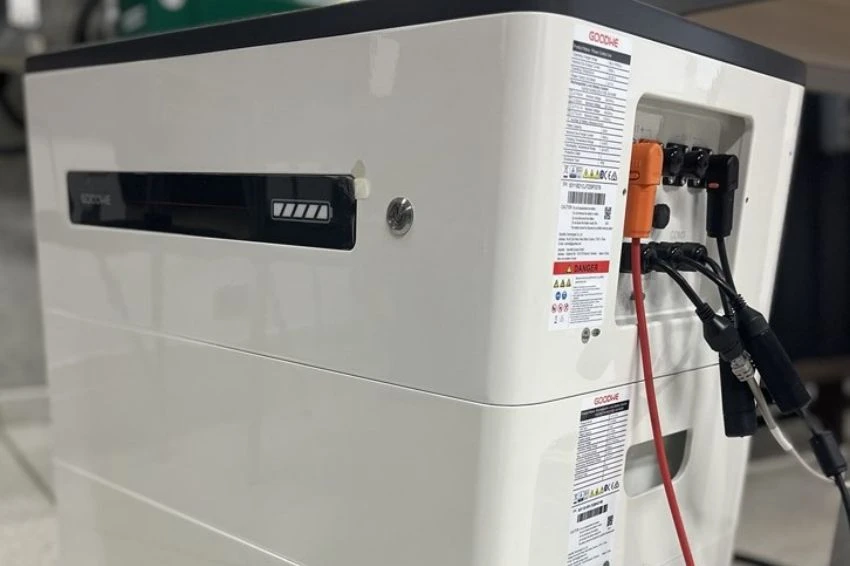
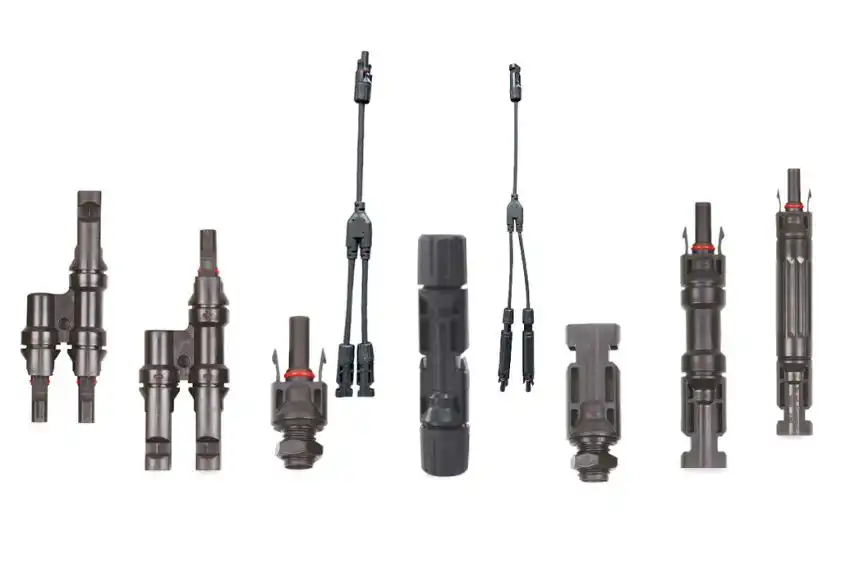
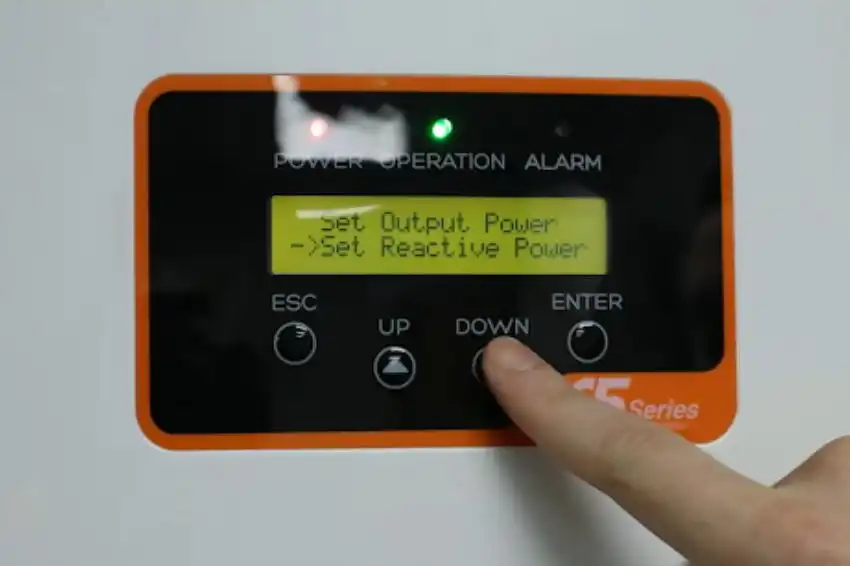
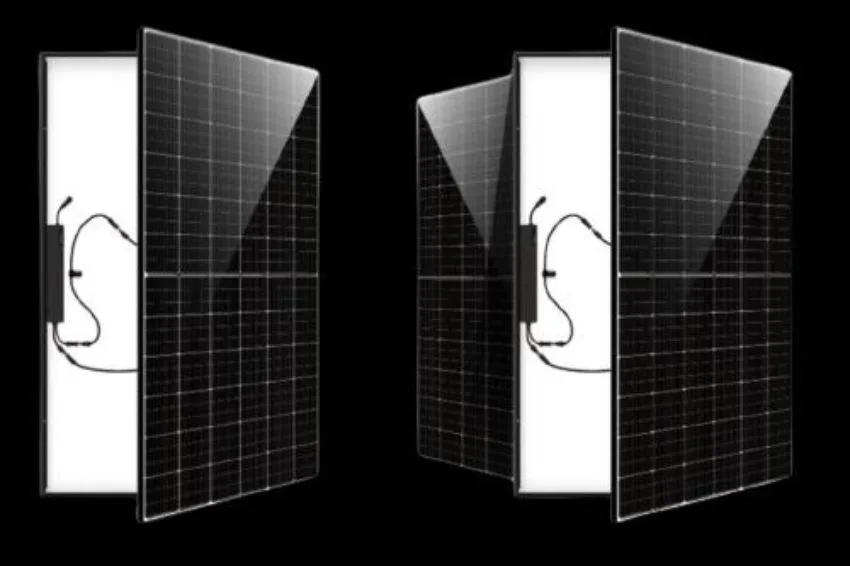
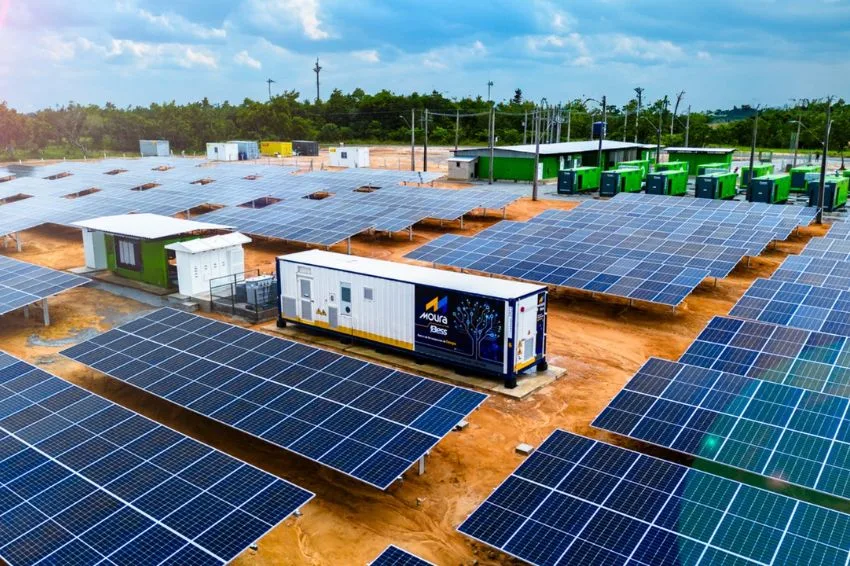







2 Responses
I suggest checking PMI's project management methodology, which shows that projects do not live solely on scope, deadlines, costs or acquisitions.
There are other areas of knowledge that cannot be neglected.
Hello Ricardo, Professor Kleber addressed these topics in this article: https://canalsolar.com.br/gerenciamento-de-projetos-nos-empreendimentos-fotovoltaicos/